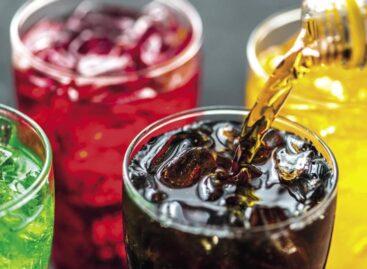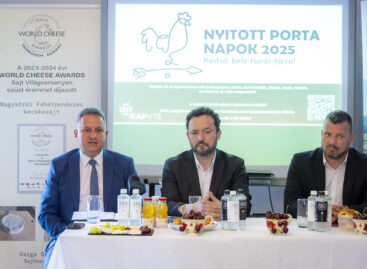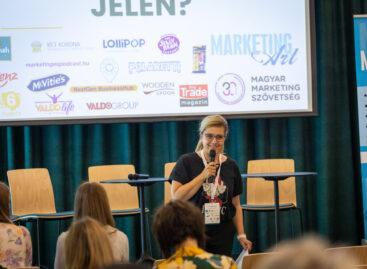Food firms plan to phase out industrially produced trans fats
Members of the International Food and Beverage Alliance (IFBA) – including Nestlé, The Coca-Cola Company and PepsiCo – will aim to phase out industrially produced trans fats from their products by 2023.
Now, they have committed to aligning their global standard with the World Health Organization’s (WHO) recommendation for a maximum industrially produced trans fats threshold in food products not exceeding 2g of industrially produced trans fats per 100g of fat or oil by 2023.
The announcement comes after WHO last year called for the elimination of artificial trans fats from the global food supply chain by 2023 in a move to combat cardiovascular disease. According to WHO, trans fat intake leads to the death of more than 500,000 people from cardiovascular disease each year.
Industrially produced trans fats are contained in hardened vegetable fats, such as margarine and ghee, and are often present in snack food, baked foods and fried foods. Manufacturers often use them as they have a longer shelf life than other fats. But the WHO stressed that healthier alternatives can be used that do not affect the taste or cost of food.
Related news
WHO: They urge a 50 percent price increase for tobacco, alcohol and sugary drinks
The World Health Organization (WHO) is calling for the prices…
Read more >(HU) Dr. Némedi Erzsébet: A boldogság a bélben lakik
Sorry, this entry is only available in HU.
Read more >Cold drink, hot consequences: iced refreshments can cause heart rhythm disturbances
It may sound bizarre at first, but it’s scientifically proven:…
Read more >Related news
Tears in the Water benefit concert in September, charity campaign continues
Due to the extreme heat, the organizers postponed the “Tears…
Read more >Producers and consumers must be brought closer together
By strengthening the short supply chain, producers and consumers must…
Read more >III. Employer Branding Conference: Is the future already here?
On 4 June 2025, the first Sustainable Packaging Forum took…
Read more >






